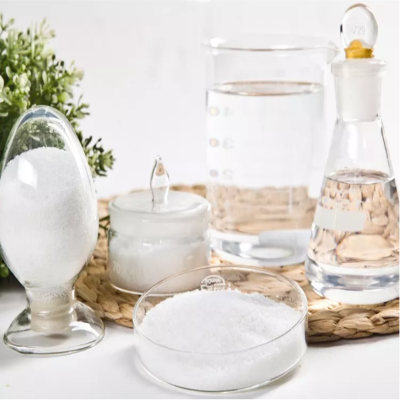-
Categories
-
Pharmaceutical Intermediates
-
Active Pharmaceutical Ingredients
-
Food Additives
- Industrial Coatings
- Agrochemicals
- Dyes and Pigments
- Surfactant
- Flavors and Fragrances
- Chemical Reagents
- Catalyst and Auxiliary
- Natural Products
- Inorganic Chemistry
-
Organic Chemistry
-
Biochemical Engineering
- Analytical Chemistry
-
Cosmetic Ingredient
- Water Treatment Chemical
-
Pharmaceutical Intermediates
Promotion
ECHEMI Mall
Wholesale
Weekly Price
Exhibition
News
-
Trade Service
More than 100 years ago, Alcoa first commercialized aluminum products, an industry that once employed thousands of workers across the country, but now the domestic aluminum industry is in sharp decline, and fierce competition from countries such as China has hurt the American aluminum industry
.
Chris Morels, a smelter worker in Vinage, Washington, remembers learning of his layoffs from a text message on his day off
.
He said: "I'm surprised, I'm panicked, what should I do? My wife has a great job, and I'm lucky, but I'm still dependent on Alcoa, which has been
around for years.
”
In fact, Alcoa has been in Venage for 64 years, and while Alcoa insists it will still make aluminum on the Pacific Northwest, many of the laid-off employees are skeptical
.
"Their advice was 'you're going to get another job' or something like
that," he said.
”
Morrells started over, volunteered as a firefighter, and hoped to turn professional
.
Alcoa's Winatchee plant stalled, cutting 420 workers in early January who were paid about twice the
region's average.
Alcoa's 465 workers at another aluminum smelter outside Finndale, Washington, are also worried
.
Barry Hollert is the director
of this plant.
"It's important to pay attention to the difference between cutting production and shutting down a factory, when we reduce the production of a factory, we will maintain operations, so that it is possible to start over, which is different from
closing a factory," he said.
”
Howlert told state senators that the remaining aluminum plants on the Pacific Northwest face "indefinite production cuts" and that he hopes market conditions "will improve," but aluminum prices fell about 30 percent
last year.
"Metal prices shouldn't stay at this level, it's historically low, commodity cycles should change, hopefully when that changes, we're ready
to continue production in Washington state," he said.
”
Fifteen years ago, there were 23 aluminum smelters in the U.
S.
, and today only six, including Fendall, are left, and by mid-year the closure plan is on schedule, it will likely be even less
.
Karen Macbeth, a reporter for Platts who tracks the rise and fall of the aluminum industry, said U.
S.
companies face stiff competition
from aluminum industries in countries like China.
"China completely dominates the industry and dominates a lot of the metals market, not just aluminum
," she said.
They now account for about half of global production and half of global demand, so they're a huge factor
.
”
Macbeth said she cheered for America's renaissance, though she didn't expect it to come
.
"However, at the moment, a number of smelters are being dismantled, and if prices do not increase soon, it will be
a little too late for the aluminum industry in the United States to make a comeback," she said.
”
Macbeth said smelting aluminum is high in energy consumption, so any recovery could be inseparable from favorable energy prices
.
New York State just reached a subsidy agreement to keep the only remaining smelter in the Northeast operating for another three years
.
In Washington state, veteran smelter Carey Woodard said losing metal production hurts U.
S.
strategic interests
.
"I'm not in favor of the government providing a lot of money to companies, but as a citizen, I think it's important to keep some form of aluminum production in the United States, and I hope, very hopefully, that there will be two smelters
in the Northwest," he said.
”
Chicago-based Century Aluminum Company and the U.
S.
Steelworkers Union are lobbying for sanctions on
aluminum exports from China.
Recently, the U.
S.
Department of Labor agreed with Alcoa workers being harmed by foreign trade, approving special retraining and benefits
for career workers.







